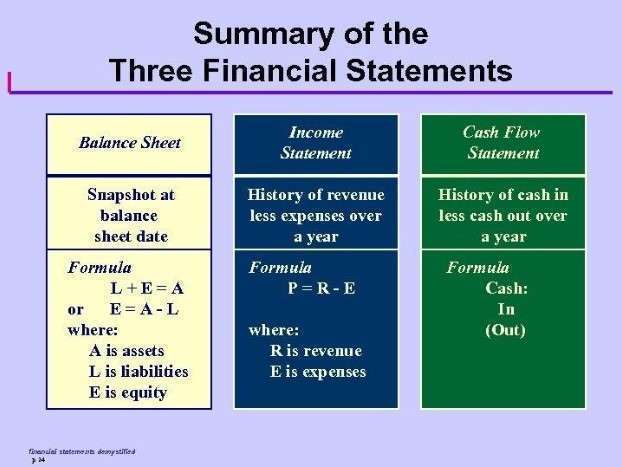
The firm offers bookkeeping and accounting services for business and personal needs, as well as ERP consulting and audit assistance. We’ll explore the key differences between cash and accrual CARES Act accounting, who can use each method, and their implications for taxes. We’ll also look at the advantages and disadvantages of each so you can find the right method for your small business needs.
A guide to cash basis accounting: Definition & example
The accrual method necessitates the use of a double-entry system, which is based on accounting equations. Such time-honored accounting principles are intended to provide a standardized, more accurate picture of profit and loss that can be used as a basis for business analysis. Also, utilizing the accrual method can provide far greater control of transaction posting, and can reduce the chance of errors. On the downside, the accrual method is usually more time-consuming and more difficult to understand than cash basis accounting. It also can be cash basis accounting more challenging to determine the amount of cash the business has on hand.
What Is Accrual Accounting, and How Does It Work?
That means it does a better job than cash basis accounting of matching expenses and revenue to the correct time period in which they were incurred. It also produces a more complete balance sheet that factors in accounts payable, accounts receivable, current assets such as inventory, fixed assets and liabilities like loans. Also, because cash basis accounting doesn’t match expenses with the revenue related to them, it can present a misleading picture of a company’s performance. For instance, under accrual accounting, a business might recognize revenue from a sale as soon as the product is delivered or the service is performed, even if the customer has not yet paid.
- However, consider its limitations regarding long-term financial reporting accuracy and suitability for complex operations before adopting it as your primary accounting method.
- Cash accounting is one type of system that businesses use to record business transactions, but it’s not the only way.
- Revenue is recorded only when payment is received, and expenses are logged when they are paid.
- If a customer delays payment or attempts to default, your budget will have to shift to account for a failure to pay.
- The only difference is that Accounts Receivable rather than Cash is increased or debited at the time of sale.
What are some examples of expenses recognized on an accrual basis but not on a cash basis?
Businesses must still adhere to IRS rules and ensure virtual accountant their financial practices align with legal requirements. For example, businesses may need to provide accrual-based financial statements for specific purposes, such as securing loans or satisfying investor requirements. Clarity on these aspects ensures businesses meet compliance standards while leveraging the benefits of cash basis accounting.
Business

Businesses must identify and remove accrued revenues and expenses from their books, as these are recognized only when cash changes hands under cash basis accounting. For example, accounts receivable and payable are eliminated in favor of actual cash receipts and payments. This conversion requires a detailed review of balance sheets and income statements to reflect cash flow accurately.

- This simplicity can be advantageous for businesses with limited accounting resources, as it reduces the need for complex tracking systems.
- This fundamental difference can lead to varying representations of a company’s financial status.
- Our goal is to deliver the most understandable and comprehensive explanations of financial topics using simple writing complemented by helpful graphics and animation videos.
- With the cash method of accounting, that $175 is recorded as a May expense even though it covered services provided in April.
- If the customer doesn’t pay for 90 days, you don’t record anything until they actually make payment.
- For example, businesses may need to provide accrual-based financial statements for specific purposes, such as securing loans or satisfying investor requirements.
Businesses must maintain accurate records of cash transactions to substantiate the timing of income and expense recognition. Cash basis accounting is a method of accounting that records transactions only when cash is received or paid. This method is often used by small businesses, individuals, and organizations with limited resources and expertise. Cash basis accounting is known for its simplicity and easy-to-understand method of recording financial transactions. Cash basis accounting is a common accounting method that records any incoming and outgoing transactions at the time when cash is paid or received. This cash method also means that expenses or income are only logged when the money actually lands in your bank account.
